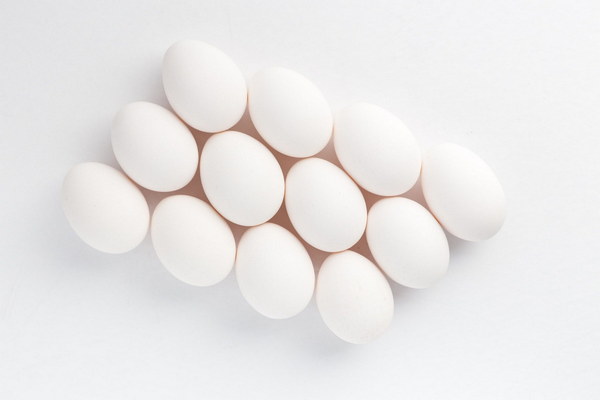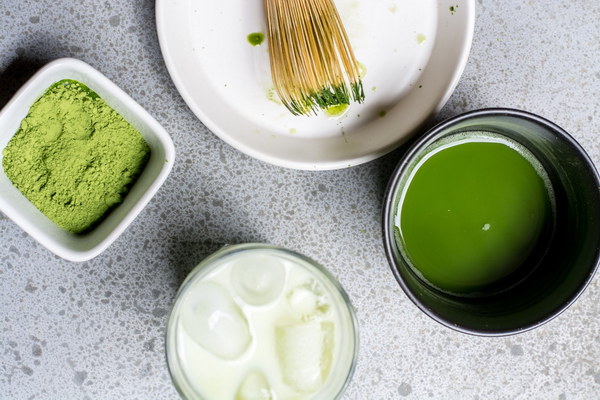Winter Hydration Is It Essential for Women to Nourish Their Kidneys
In the crisp, frosty embrace of winter, the allure of warm beverages often beckons. But beyond the comfort and taste, there's a deeper question on many minds: Does drinking water in winter specifically benefit women in nurturing their kidneys? Let's delve into this topic to uncover the truth behind winter hydration and kidney health.
The Role of Hydration in Kidney Health
Kidneys are vital organs responsible for filtering waste and toxins from the bloodstream, maintaining electrolyte balance, and producing hormones. Proper hydration is crucial for these functions to operate efficiently. During the winter season, when temperatures drop and the air becomes drier, it's essential to ensure that adequate fluid intake is maintained to support kidney health.
Why Water is Key

Water is the universal solvent and plays a pivotal role in the body's metabolism. It aids in digestion, circulation, and the removal of waste products. In the context of kidney health, water helps dilute urine, which reduces the risk of kidney stones and other kidney-related issues. It also facilitates the excretion of waste and toxins, thereby supporting overall kidney function.
Does Seasonal Hydration Differ for Women?
When it comes to gender-specific hydration needs, there are a few factors to consider. Women, on average, have a higher water requirement than men due to their higher proportion of body fat and the menstrual cycle. During menstruation, women lose blood, which can lead to dehydration if not compensated for. Additionally, hormonal changes can affect kidney function, making it even more crucial for women to stay well-hydrated.
Winter Hydration: Nurturing Kidneys in the Cold
The winter months can pose unique challenges to hydration. Cold weather can decrease thirst, leading to reduced fluid intake. However, dehydration in winter can have detrimental effects on kidney health. Here are some reasons why women should pay extra attention to their hydration during the colder months:
1. Reduced Thirst Response: Cold weather can suppress the body's thirst response, making it easier to become dehydrated without realizing it.
2. Increased Urination: When the body is cold, it conserves heat, which can lead to increased urination. This loss of fluids needs to be replenished to maintain kidney health.
3. Kidney Stone Formation: Cold weather can increase the risk of kidney stones, as the kidneys work harder to maintain electrolyte balance, leading to a higher concentration of minerals in the urine.
How to Ensure Adequate Winter Hydration
To support kidney health during the winter, women can take the following steps:
- Stay Hydrated: Drink plenty of water throughout the day, even if you're not feeling thirsty. Aim for at least 8 to 10 glasses a day, but adjust based on your activity level and climate.
- Warm Beverages: Include warm beverages like herbal teas, broths, or warm water with lemon in your daily routine. These can help maintain hydration without the risk of diluting digestive enzymes.
- Eat Hydrating Foods: Incorporate fruits and vegetables with high water content, such as watermelon, cucumbers, and oranges, into your diet.
- Monitor Hydration Levels: Pay attention to the color of your urine. Pale yellow urine indicates good hydration, while darker urine may suggest dehydration.
- Avoid Dehydrating Substances: Limit the intake of caffeine, alcohol, and sugary drinks, as these can contribute to dehydration.
In conclusion, winter hydration is indeed essential for women to maintain kidney health. The colder months require extra attention to fluid intake, as the body's natural thirst response can be suppressed. By staying well-hydrated, women can support their kidneys, reduce the risk of kidney stones, and enjoy a healthier winter season. Remember, water is the cornerstone of hydration, but don't underestimate the benefits of warm, hydrating beverages and a diet rich in water-filled foods.









